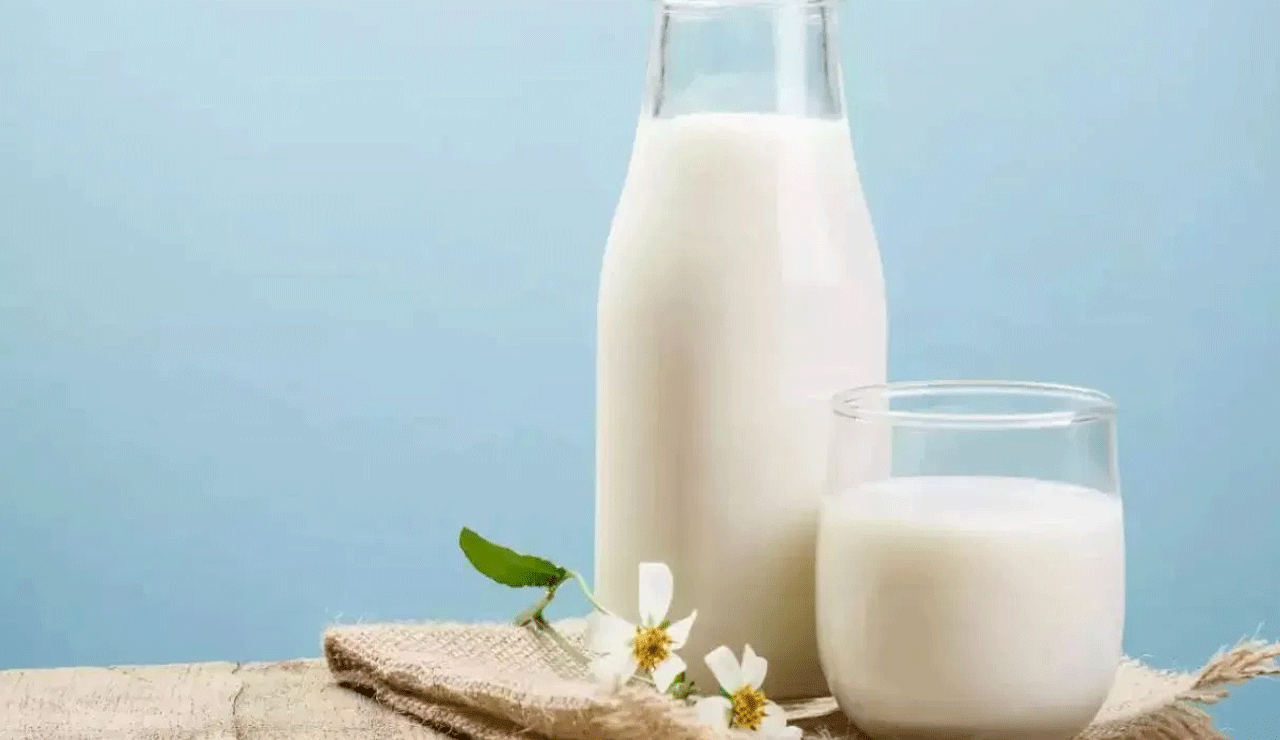Summer Heat Spoiling Your Milk? Here’s What You Can Do to Keep It Fresh Longer!
During the scorching summer months, milk tends to spoil faster due to heat and warm winds. If not boiled or stored properly, bacteria grow rapidly, leading to sour smell, curdling, and unpleasant taste.

During the scorching summer months, milk tends to spoil faster due to heat and warm winds. If not boiled or stored properly, bacteria grow rapidly, leading to sour smell, curdling, and unpleasant taste. It’s essential to understand how to store and handle milk effectively in hot weather.
Table of Contents
Use Clean Utensils to Avoid Contamination
Before boiling milk, ensure that the vessel used is thoroughly cleaned with hot water or salt. Any residue from previously spoiled milk or dirt can cause fresh milk to spoil quickly. Always use dedicated utensils for milk storage and handling.
Also Read: A Way to Prevent Overthinking: 7 Standards for Peace of Mind
Boiling Milk Multiple Times a Day is Crucial
Boiling milk once is not enough during peak summer. To inhibit bacterial growth, boil milk 3–4 times a day, especially on extremely hot days. After each boiling, transfer only the required quantity without using contaminated ladles.
Don’t Cover Milk Immediately After Boiling
Covering hot milk right after boiling is a common mistake. Steam trapped inside the container condenses and accelerates spoilage. Allow the milk to cool completely before placing a lid on it.
Add a Pinch of Baking Soda or Corn Flour
While boiling milk, adding a pinch of baking soda can help prevent curdling and keep the milk fresh longer. However, moderation is key — excessive baking soda can alter the taste. For older milk, a little corn flour can help prevent curdling and give a smoother texture.
Cool Milk Quickly After Boiling
Post-boiling, it’s important to cool the milk quickly to prevent it from turning sour. Place the vessel in cool water or under a fan before refrigerating. This step significantly reduces the chances of spoilage.
Store Milk Correctly in the Fridge
When refrigerating, avoid placing milk near strong-smelling foods like onions, tomatoes, or lemons, as they may cause milk to absorb odors and spoil faster. Use an airtight container exclusively for milk and place it in a dedicated section of the fridge.
Final Thoughts: Small Precautions Make a Big Difference
To keep milk fresh during summer, it’s important to boil it properly, store it correctly, and cool it efficiently. With these small but impactful tips, households can prevent wastage and ensure safe consumption during the hottest months.

